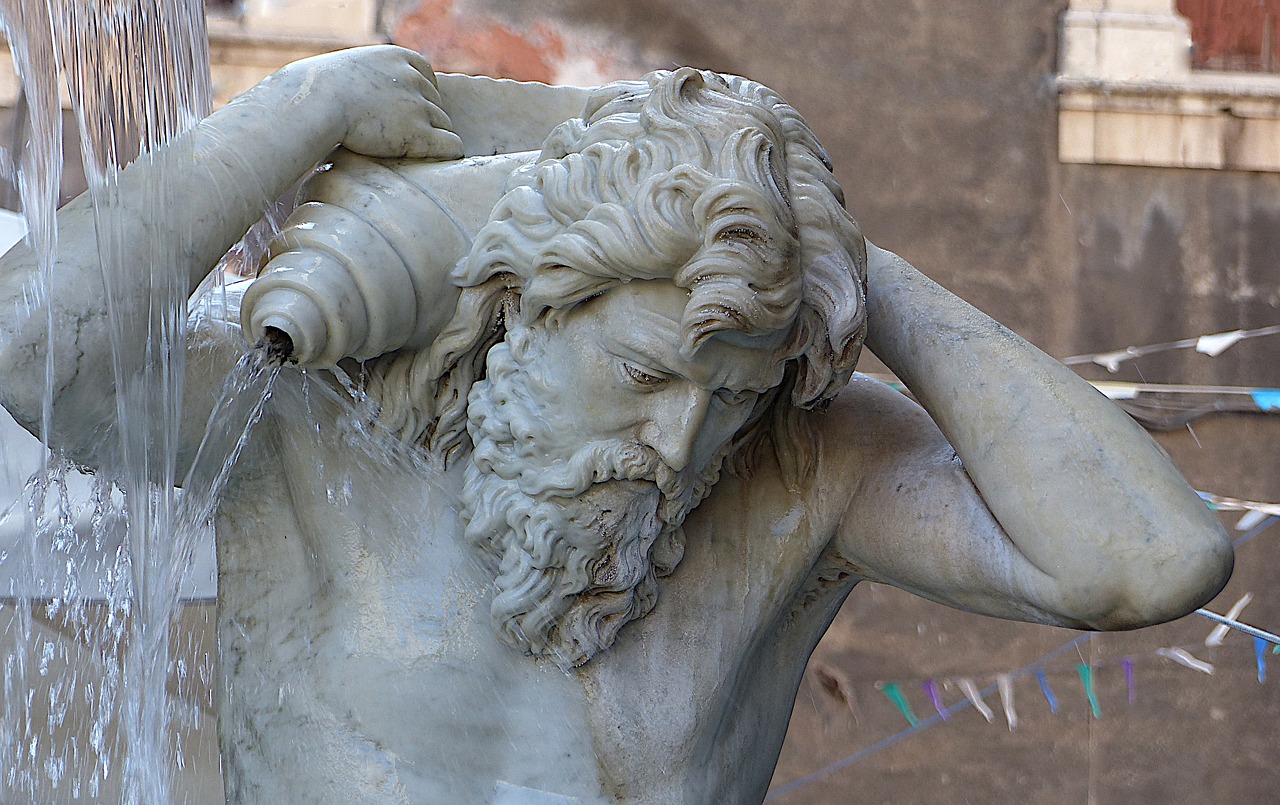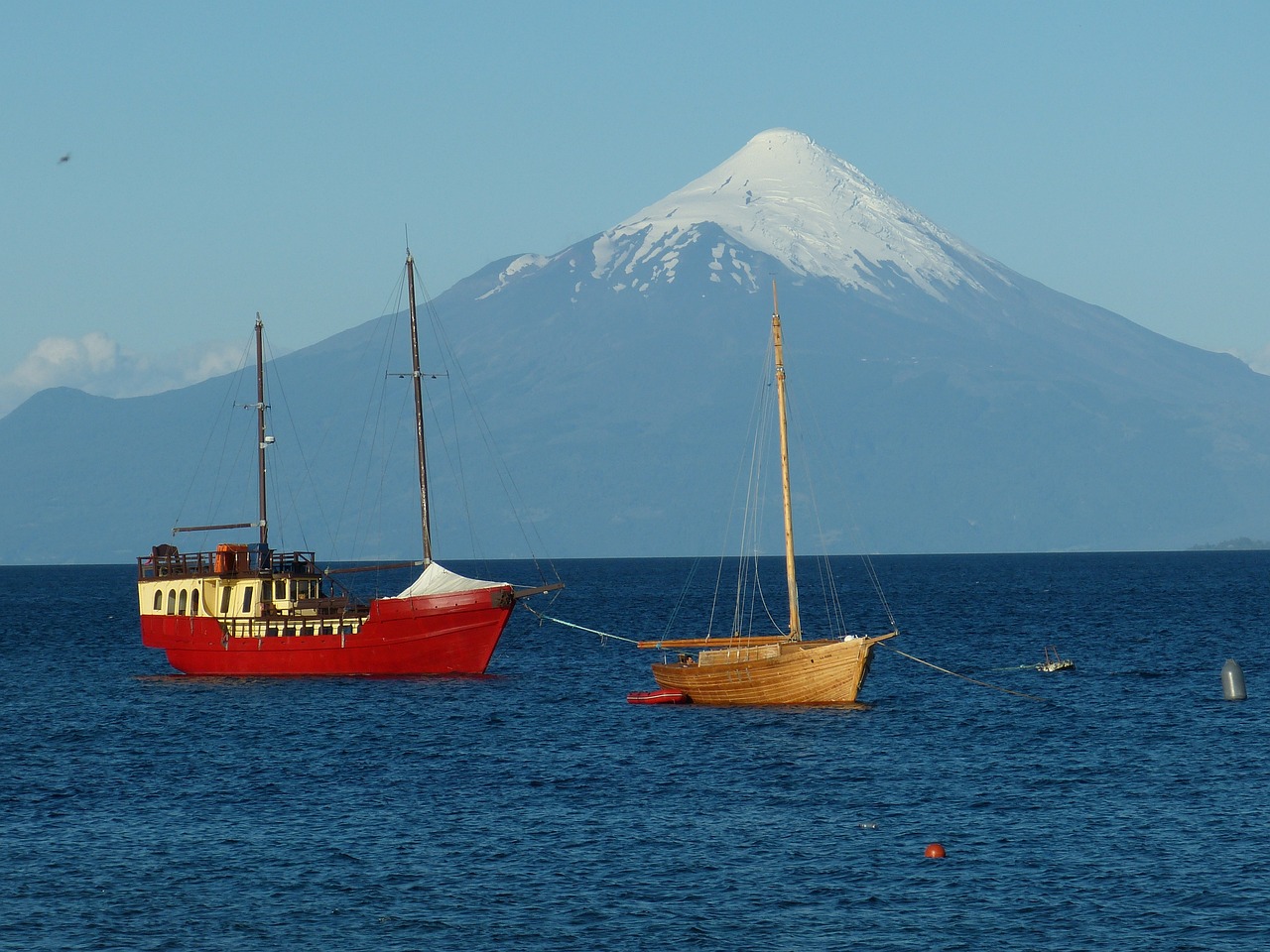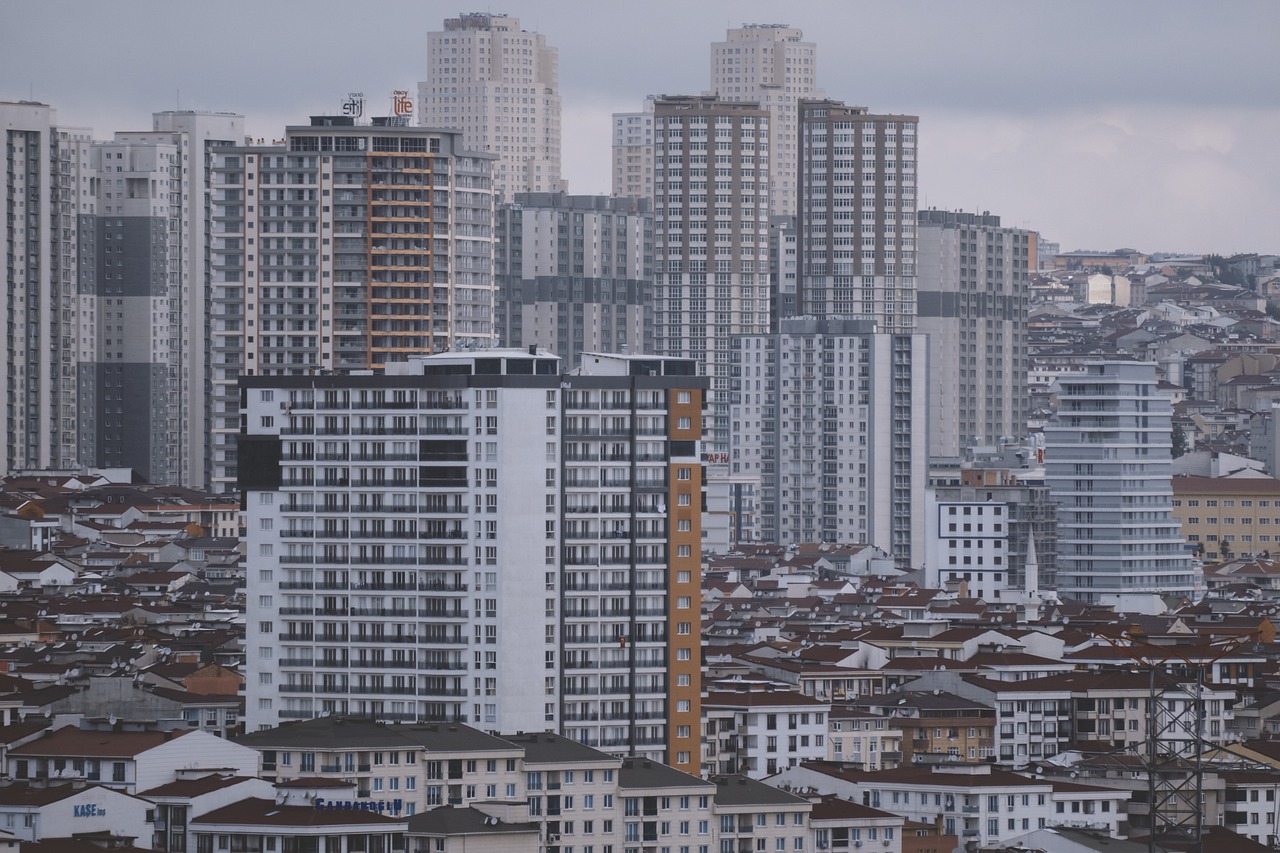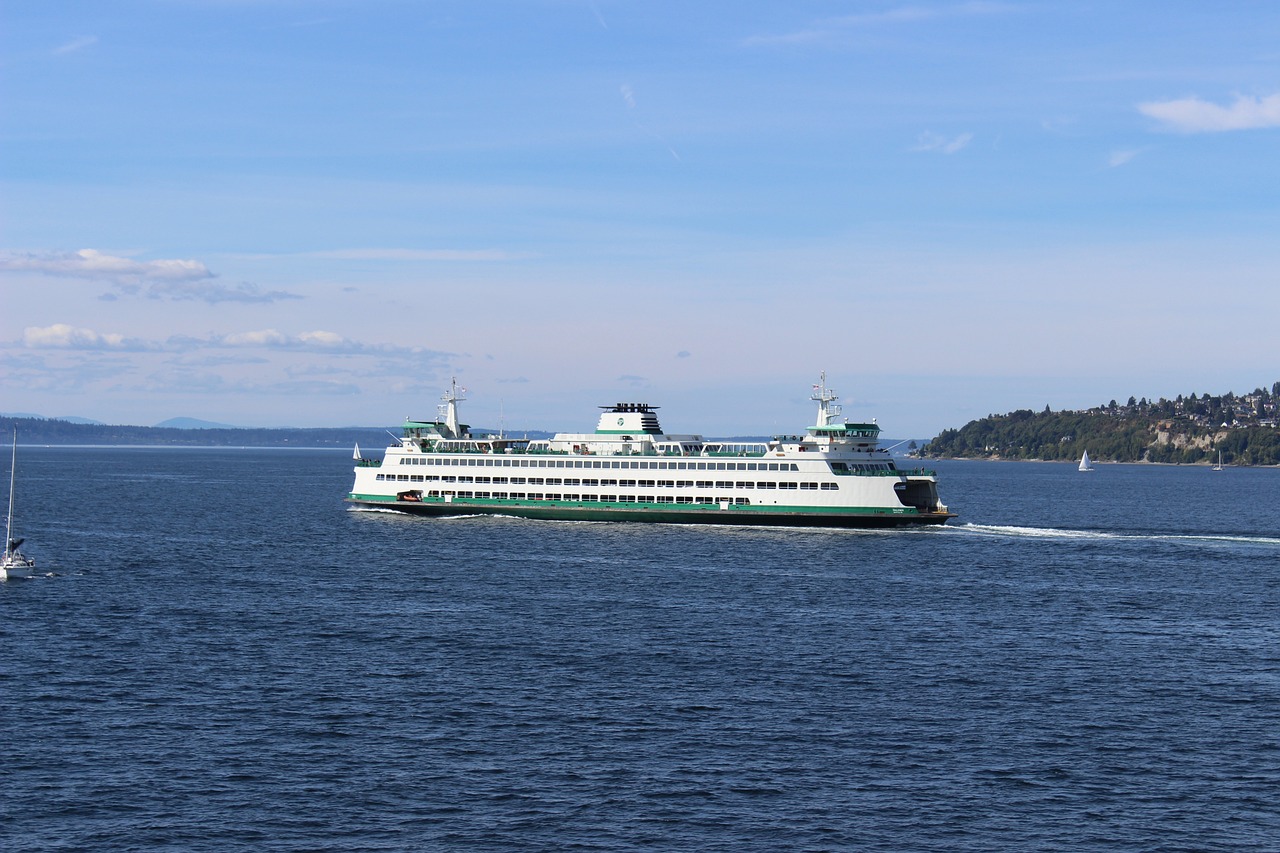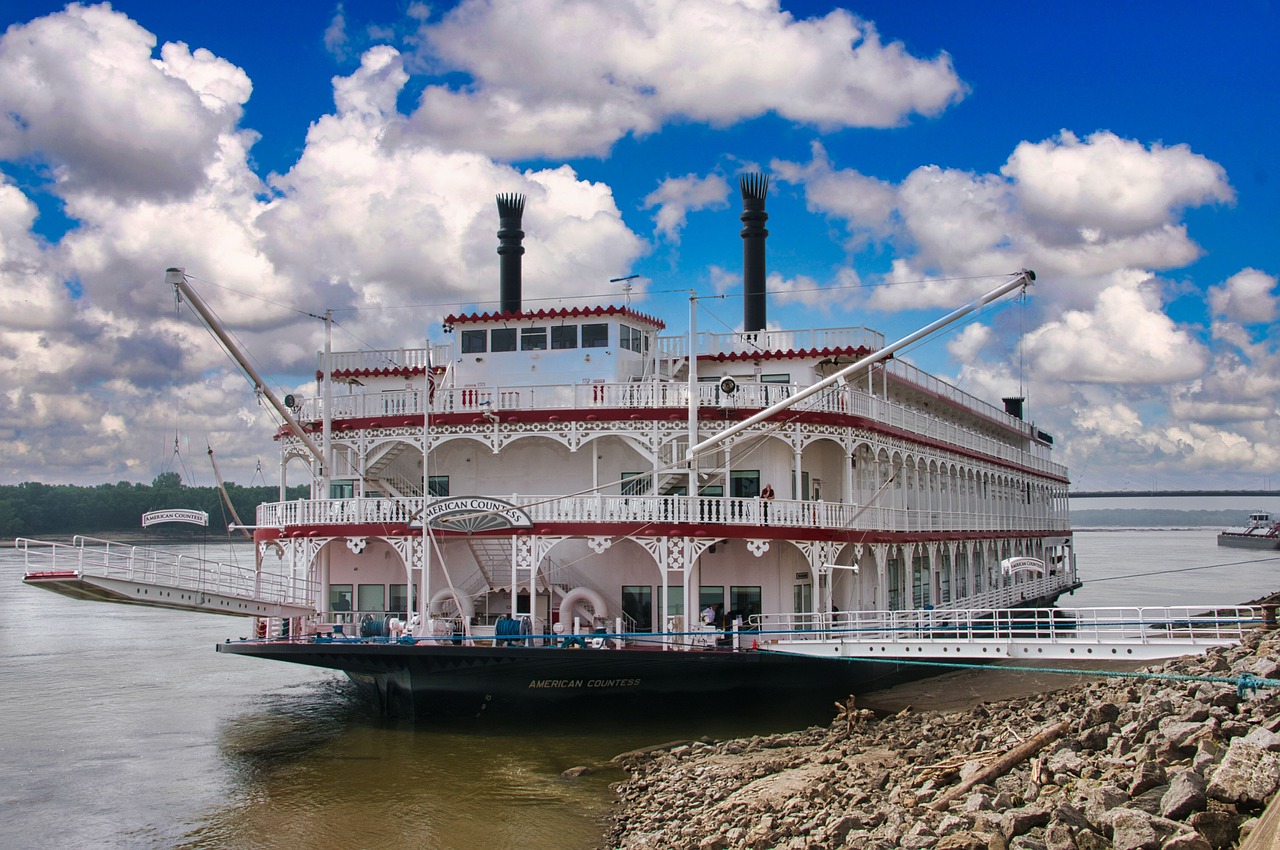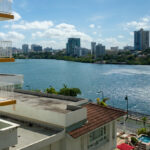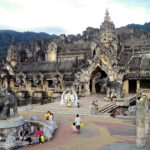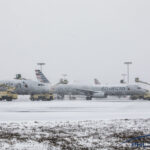South Korea, often referred to as the “Land of Morning Calm,” offers a vibrant tapestry of history, culture, technology, and natural beauty. From bustling metropolises like Seoul to serene landscapes in Jeju Island, this nation is a blend of old-world charm and contemporary innovation. If you’re planning a trip, this guide will provide insights into the top destinations, local cuisine, cultural experiences, and travel tips to make your South Korean adventure unforgettable.
- Top Destinations:
Seoul: The capital city is a thrilling combination of modern skyscrapers, ancient palaces, and sprawling markets. Key attractions include the Gyeongbokgung Palace, Bukchon Hanok Village, Namsan Seoul Tower, and the shopping districts of Myeongdong and Gangnam.
Busan: Known for its beaches, seafood, and the Busan International Film Festival, this city offers coastal charm with urban amenities. Haeundae Beach and the bustling Jagalchi Fish Market are must-visits.
Jeju Island: A UNESCO World Heritage site, this island boasts waterfalls, volcanic craters, and picturesque beaches. It’s an ideal destination for hiking enthusiasts, with trails leading up the Hallasan Mountain and through the Manjanggul Lava Tube.
Incheon: Often recognized for its international airport, Incheon also offers attractions like the Songdo Central Park and the Incheon Grand Park.
- Authentic Korean Cuisine:
Kimchi: This fermented vegetable dish, typically made with napa cabbage and Korean radishes, is a staple in every meal.
Bulgogi: A marinated and grilled meat dish, often served with a side of lettuce or other leafy vegetables to make wraps.
Bibimbap: A mixed rice dish topped with sautéed vegetables, chili paste, and beef or seafood.
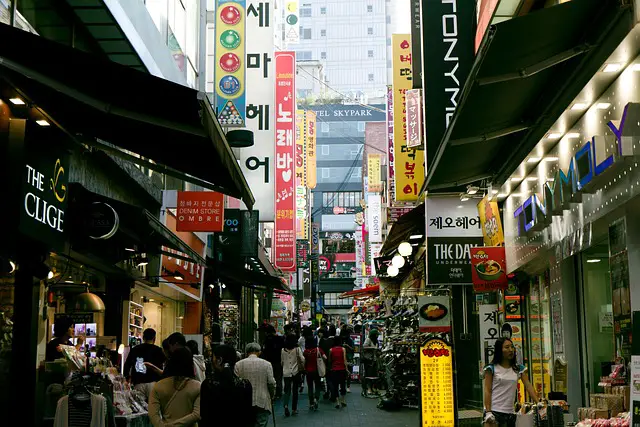
Tteokbokki: Spicy rice cakes commonly found in street stalls. It’s a popular snack enjoyed by locals and tourists alike.
- Cultural Experiences:
Stay in a Hanok: Experience traditional Korean living by staying in a Hanok, centuries-old Korean houses made from natural materials.
Visit a Jimjilbang: A traditional Korean bathhouse where you can relax in various saunas, receive a body scrub, or even sleep overnight.
Wear a Hanbok: Rent a hanbok, the traditional Korean dress, and stroll around historical sites. Many palaces offer free entry to visitors wearing hanbok.
Attend a Festival: Time your visit to coincide with traditional festivals like Chuseok (Korean Thanksgiving Day) or Seollal (Korean New Year) to witness cultural performances, traditional games, and special foods.
- Travel Tips:
Transportation: South Korea boasts an efficient public transportation system. The KTX train connects major cities at high speeds. In cities, subways are the most convenient means of transportation, while buses cover routes not serviced by trains.
Language: While Korean is the official language, many in urban areas speak basic English. Learning a few phrases in Korean, however, will be appreciated.
Currency: The official currency is the Korean Won (₩). Credit cards are widely accepted, but it’s advisable to keep some cash, especially in smaller towns or when shopping at local markets.
Connectivity: Free Wi-Fi is available in many public areas, including subways and cafes. Tourists can also rent pocket Wi-Fi devices or purchase local SIM cards for seamless connectivity.
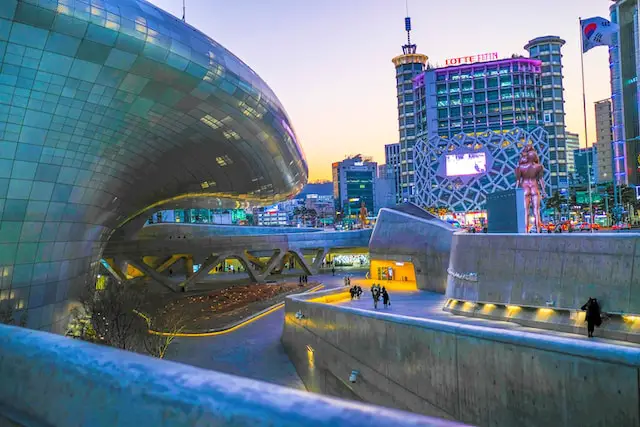
Safety: South Korea is one of the safest countries for tourists. However, like any destination, exercise common caution and be aware of your surroundings.
Climate: South Korea experiences four distinct seasons. Spring (April-June) and Autumn (September-November) are the best times to visit, offering pleasant weather and beautiful landscapes. Summers can be humid and rainy, while winters bring cold temperatures and sometimes snow.
- Respect Local Customs:
South Koreans value respect and courtesy. When meeting someone, a slight bow is a common gesture. Remove your shoes when entering someone’s home or certain traditional accommodations. Always use two hands when giving or receiving items, especially money, as a sign of respect.
South Korea, with its intriguing blend of tradition and modernity, promises a diverse travel experience. Whether you’re a history buff, a foodie, a shopper, or a nature enthusiast, there’s something in store for you in this dynamic nation. So pack your bags, open your heart to new experiences, and immerse yourself in the unique allure of the Land of Morning Calm.
Shopping and Souvenirs:
Traditional Markets: Every city in South Korea has its unique marketplaces. In Seoul, visit the bustling Namdaemun and Dongdaemun markets for a variety of goods, from clothing to traditional crafts. In Busan, the Gukje Market offers an array of items reflecting the city’s maritime culture.
Cosmetics: South Korea is known for its skincare and cosmetics. Popular districts like Myeongdong in Seoul are lined with beauty stores where you can pick up high-quality products often at affordable prices.
K-Pop Merchandise: For fans of Korean pop culture, stores dedicated to K-pop merchandise can be found in major cities. Items range from albums and posters to unique fan goods.
- Natural Wonders and Adventures:
Seoraksan National Park: Known for its rocky landscapes, dense forests, and wildlife, this park is a haven for trekkers. The fall season offers a breathtaking display of autumn colors.
Gangchon Rail Bike: Located near Chuncheon, this former train track allows visitors to pedal along scenic routes, making it a unique and fun experience.
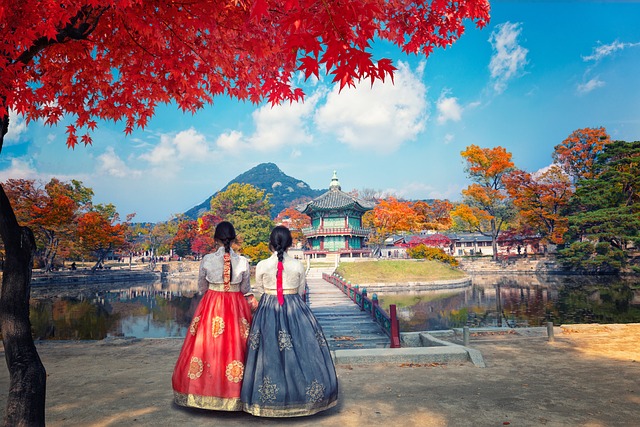
Boseong Green Tea Fields: These sprawling tea plantations are a sight to behold, especially in spring when the fields are a vibrant green. They offer a tranquil escape from city life.
- Nightlife and Entertainment:
Hongdae and Itaewon: These districts in Seoul are buzzing with life after dark, offering a mix of clubs, bars, and live music venues catering to both locals and foreigners.
Korean BBQ: Nightlife in South Korea isn’t just about dancing and drinking. Experience a late-night Korean BBQ, where you grill your meat at the table and enjoy it with an array of side dishes.
Nanta Show: A non-verbal performance blending traditional rhythms with modern music, it’s a fun and engaging show suitable for all age groups.
- Festivals and Events:
Boryeong Mud Festival: Held every summer, this festival attracts both locals and international tourists. Participants indulge in mud wrestling, mud sliding, and even a mud marathon!
Lantern Festivals: Celebrated across various parts of the country, these festivals light up the night sky with thousands of paper lanterns, symbolizing hope and dreams.
- Final Tips:
Accommodation: Options range from luxury hotels to guesthouses. For a unique experience, try a temple stay where you can experience Buddhist monk life.
Tipping: Tipping is not customary in South Korea. However, exceptional service can be acknowledged with a small token of appreciation.
Local Apps: Download apps like KakaoMap and KakaoTalk. They’ll make navigation and communication smoother during your stay.
With its rich tapestry of experiences, South Korea offers a journey of discovery for every traveler. Whether you’re wandering through historical sites, tantalizing your taste buds with Korean delicacies, hiking up scenic trails, or dancing the night away in trendy clubs, the memories you make in this captivating country will last a lifetime. So set your wanderlust free and let South Korea enchant you with its myriad wonders. Safe travels!

